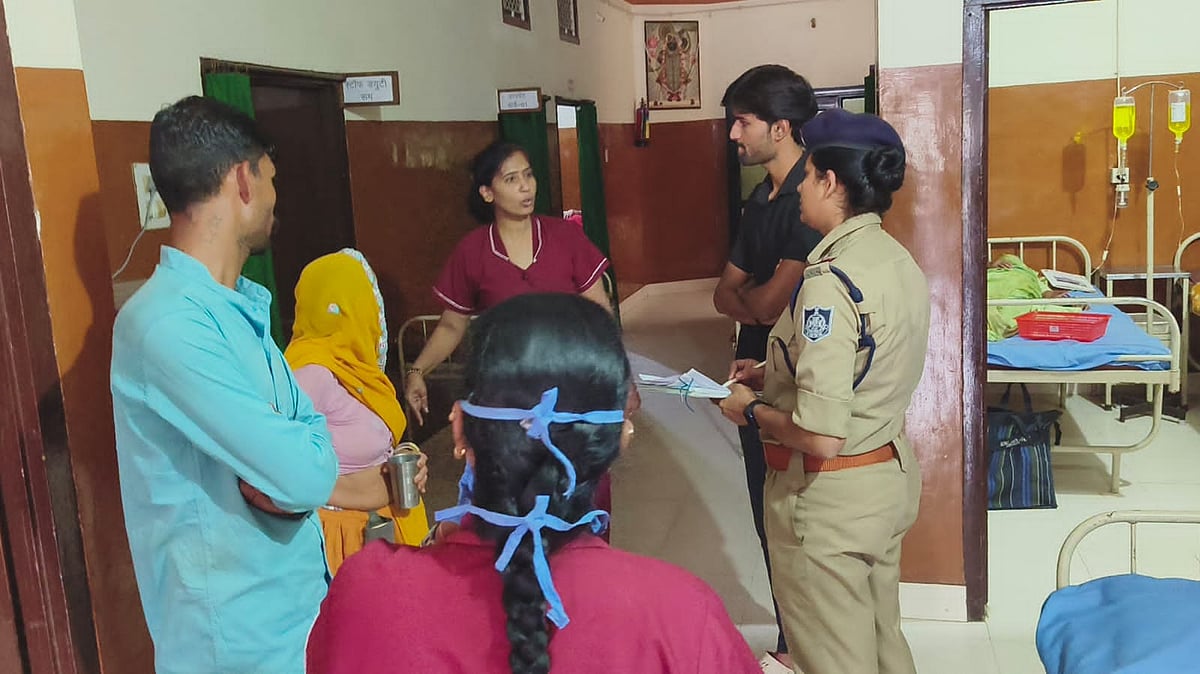Indore (Madhya Pradesh): Central Board of Secondary Education (CBSE) schools face a new challenge now, as the board is ready to implement a relative grading system for class 10 and class 12 from this academic session. The relative grading system reduces the pressure on students to score certain marks in the exam removing the fine edge of competition. However, it also doesnít accurately show the understanding of a subject. To ensure better understanding in difficult conceptual subjects, teachers will have to refine teaching techniques and administrators need to incorporate more team-work.
What is the new grading system in CBSE
The participants in class X and XII examinations will receive subject-specific grades from the CBSE in addition to their individual subject marks. The candidates' class 10 and 12 mark sheets and certificates show grades that were granted.
The newly-implemented ëRelative Gradingí is based on the more scientific relative grading method as opposed to absolute grading, which assigns grades based on pre-set cut-off values. This means that rather than basing grades on a marks range, such as 91 to 100 or 81 to 90, the applicantsí respective merits are taken into account to establish the group into which they fall.
How will it affect the education system at large
Relative marking, which compares student performance to that of friends, offers a more complete assessment of a studentís accomplishment by considering the performance of the whole class rather than essentially one student's performance in comparison to a pre-determined norm.
Working in teams to boost overall understanding
Hence, what is needed is that we teach students to work as teams and further as a generation to be able to bring up overall scoring and not just individual. Therefore, what works is higher order questions and more practical based assessments. We want to evaluate and encourage self-learning to ensure that this grading system is effective. --- UK Jha, CBSE Coordinator
How are the schools tackling it
We are designing curriculums with CBSE, coming up with innovative ways of teaching and majorly taking education much beyond classroom lessons. --- Siddharth Singh, School director
We are communicating with students and informing them of how this grading system is a stepping stone for them to move ahead. Hence, their performance later would be evaluated on their growth curve and not stagnant score. --- Manoj Bajpai, CBSE resource person
With parents, we are discussing and instilling the idea of how this system doesnít just depend on a studentís performance corresponding to a pre-determined benchmark, the relative grading system likewise thinks about the student's development over time. --- Keran Bahadur, School chairperson













